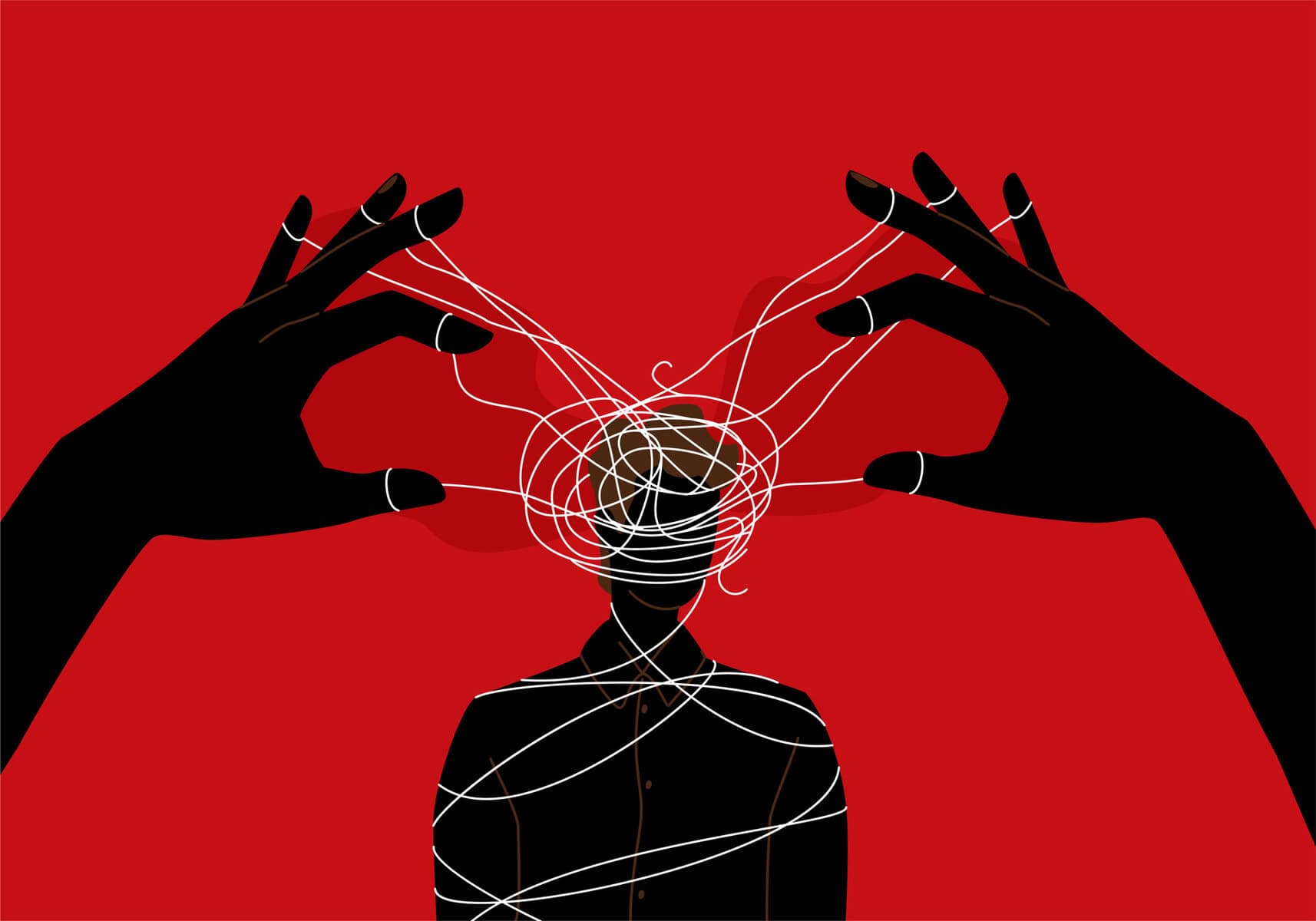Ghosting is bad enough. Getting gaslit, awful. When you combine the two notions, it adds up to toxicity on another level: Ghostlighting

Ghosting is bad enough. Being gaslit by someone — a cardinal sin. When you combine the two notions, it adds up to toxicity on another level. Ghostlighting is a relationship trend that’s wrecking self-esteem and mental health in its wake.
Ghostlighting happens when someone disappears out of your life without warning and then reappears later, pretending that nothing has happened. “It starts with ghosting, leaving you confused and hurt,” said relationship expert Lisa Welsh of savethatspark.com. “But then, instead of acknowledging it, they gaslight you. They might say, ‘You’re imagining things’ or ‘That’s not how it happened’. So you’re made to question your own memory and feelings. That mix makes it uniquely disorienting.”
Ghostlighting has become more visible because digital platforms make it easy to disappear and even easier to return. “There’s less accountability when connections are formed through screens,” Welsh said. “You can swipe away, then slide back into someone’s messages weeks later like nothing happened. That fluid access to people makes ghostlighting more common and more confusing. Online culture also encourages image management, which means people can be more focused on preserving their ego than building a real connection.”
Emotionally twisted
It’s a combination that’s emotionally twisted. Ghosting leaves people without closure, cut off mid-conversation or mid-relationship with no explanation. Gaslighting erodes a person’s confidence in their own judgment. Ghostlighting does both. “It hits twice. First, you feel rejected and confused when they vanish. That’s already hard. But when they come back and deny it happened, it adds a second layer of hurt,” Welsh said. “It makes you doubt yourself, your memory, your emotions, your instincts. That kind of psychological twist can really shake your confidence and create long-lasting anxiety.”
Early warning signs can be easily missed. “Some signs show up early. They avoid difficult conversations. They’re inconsistent with communication. They pull away without explanation, then return like nothing happened,” Welsh said. “And when you try to talk about how you feel, they dismiss it. You might find yourself always guessing where you stand, and when you bring it up, they downplay it or change the subject.” Ghostlighting blurs the line between fact and fiction. It’s almost as if perpetrators are trying to rewrite reality as they go along. The victim is left questioning whether the absence happened at all.
Also Read: Why Gen Z women are falling for older men
When ghostlighters reappear, they arrive armed with excuses. They might say, “I thought you lost interest”, or “We were both pulling away”. Others push the blame further with, “I was going through something, and you wouldn’t understand”, or by brushing it off entirely: “You’re overreacting, it wasn’t a big deal.” Some do not acknowledge the disappearance at all and behave as if nothing happened. This kind of rewriting creates doubt and shifts the emotional and intellectual burden onto the victim.
Substantial emotional fallout
The emotional fallout is substantial, said Welsh. Ghostlighting erodes a victim’s trust in others and in themselves. “It can make you question your judgement, not just about that person but about people in general,” Welsh said. “You might wonder, ‘Was I too sensitive?’ or ‘Did I make it up?’ That self-doubt can linger, making it harder to trust new partners or even your own gut. Recovery is tough because the harm wasn’t just in what they did, it was in how they denied it and made you feel like you couldn’t trust yourself.”
Protecting yourself against this kind of negative behaviour starts with clarity. “Write down what actually happened, in your own words, so you have a clear record of events,” Welsh advised. “Talk to a friend you trust and reality-check your experience. Don’t engage in debates or let the other person rewrite your story. If staying in contact feels re-traumatising, it’s okay to block or mute them. The most important thing is to reclaim your version of what happened. You’re not overreacting, you’re responding to real behaviour.”
Now Read: Sleep divorce may improve your sex life
Support Local Journalism
Add The Citizen as a Preferred Source on Google and follow us on Google News to see more of our trusted reporting in Google News and Top Stories.






